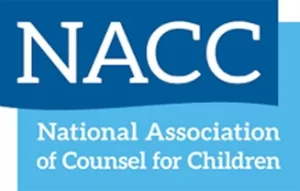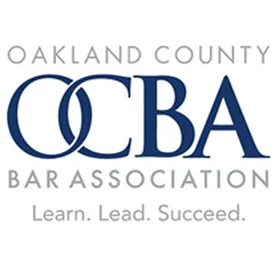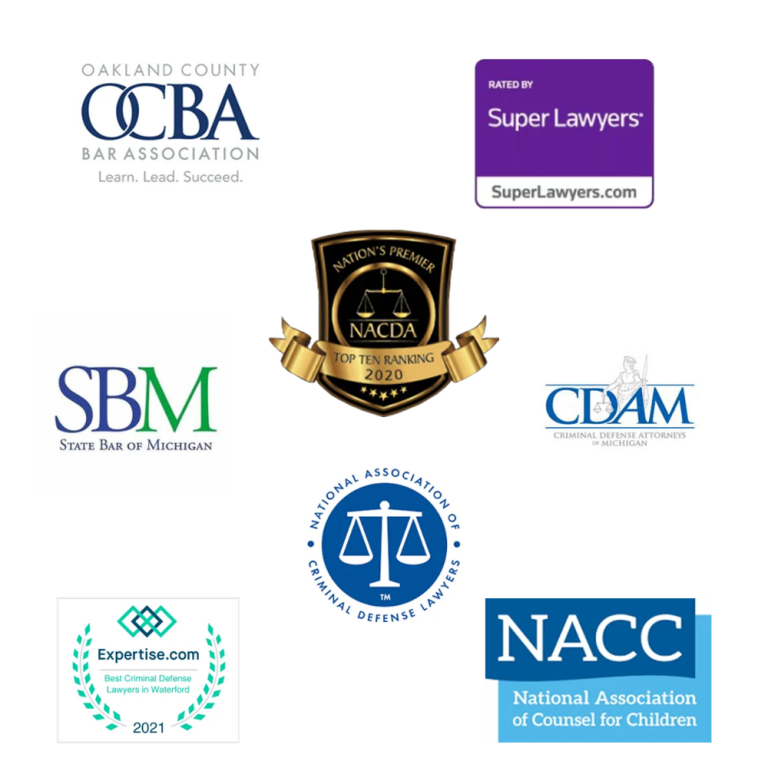
Young people often struggle with unfair situations at school, but the school itself should not be unfair to anyone. Any educational institution that accepts some kind of federal funding is subject to Title IX, a 1972 law that forbids any discrimination against a person “on the basis of sex.” If you believe your child has suffered discrimination or lacked any opportunity at their school due to their sex or gender presentation, they may have a valid complaint under Title IX.
Title IX is known as a law about maintaining women’s sports programs, but it also applies to sex- and gender-based discrimination in every facet of life in an educational institution. According to the Department of Education’s Office of Civil Rights (OCR), Title IX regulations cover the following:
- recruitment, admissions, and counseling;
- financial assistance;
- athletics;
- sex-based harassment, which encompasses sexual assault and other forms of sexual violence;
- treatment of pregnant and parenting students;
- treatment of LGBTQI+ students;
- discipline;
- single-sex education;
- and employment.
The institution should have a grievance process to address these issues, but sometimes that is not enough. If you and your child have tried to resolve your complaint through the school’s process and gotten nowhere, you have the option to take formal action.
Filing on Behalf of a Minor Child: How to Proceed?
Under Title IX, parents and guardians can act on behalf of a child under 18 years of age. There are two ways you can choose to proceed:
- filing a complaint with the Department of Education through the OCR
- filing a lawsuit against the institution
The OCR’s complaint process is intended to bring the institution into compliance—that is, to stop the school’s unlawful behavior. The OCR investigates the situation, prepares a report, and works with the institution to correct its policies. It can also offer mediation between yourself and the institution.
You should file an OCR complaint within 180 days of the act of discrimination. Nevertheless, if you do not file it within that time, the requirement may be waived if you can show good cause. The OCR is not a court, and it does not make awards or issue verdicts, but it is a relatively quick and inexpensive way of making an institution pay attention.

Filing a lawsuit brings the violation to the attention of a federal court, which—unlike the OCR—can act with the force of law. An institution may prefer to settle with you rather than face a trial. If you do prevail at a trial, the judge can order the institution to comply with the law by ending their discriminatory practices (injunctive relief) or, if appropriate, ordering the payment of damages. Under Michigan law, you have up to three years to file a Title IX lawsuit.
However, lawsuits take a very long time, possibly longer than a child’s remaining time in school. They require more resources than the OCR complaint process, including emotional resources. For you to file a Title IX lawsuit on behalf of your child, you must be represented by counsel, and your child has to be willing to cooperate. A minor plaintiff has to go through an investigation during the lawsuit’s discovery process and provide testimony. If a hot-button issue is at stake, the media may also take an interest.
Your child may not want you to take formal action. If so, it is essential to understand why it troubles them. Teenagers often do not want their parents to “make a federal case” out of their problems, and younger children worry that they could lose their friends or favorite teachers. They may also fear retaliation from authorities—a natural fear, although retaliation is also unlawful.
As education law attorneys, we are experienced in representing young people, and we will be glad to discuss your child’s concerns with them and with you. We can help them feel safe and empowered so that the whole family can make the decision together.
When an Adult Child Faces Discrimination
If your adult child is facing institutional discrimination at college or another educational institution, your aid and understanding are vital to them. However, unless you are still your adult child’s legal guardian, they themselves must decide whether and how to act. Once your child turns 18, you can no longer file a Title IX lawsuit on their behalf, although another party may file an OCR complaint with their written consent to do so.
Can a Person Be Charged Criminally and Prosecuted for the Same Conduct Involved in a Title IX Proceeding?
Criminal investigations are conducted by law enforcement and are independent from the educational investigation or procedures. Criminal investigations can result in misdemeanor or felony charges and may result in jail time. It is imperative if both are occurring at the same time that you are protected by an experienced criminal and education attorney with knowledge of both and can strategize to obtain justice on both fronts.

The best assistance you can give your adult child is to support them in their decision about how to move forward. To do that, you can help them meet with an education law attorney so that they will understand their options. Contact Kirsch Daskas Law Group, PLLC at 248-792-3060 to schedule a meeting for yourself and your loved one today.










